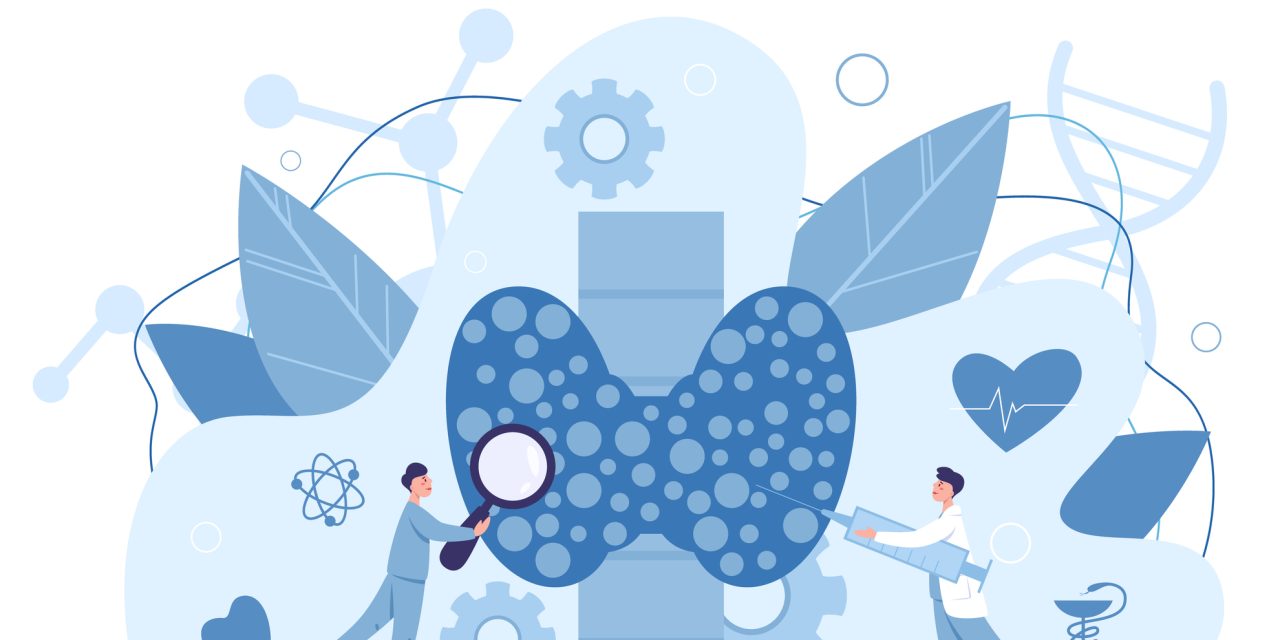Hypothyroidism is the most common disorder arising from hormone deficiency. It frequently affects women than men. The prevalence of overall hypothyroidism has been reported to be 4.8-11%. Levothyroxine is the treatment of choice for all types of hypothyroidism. The purpose of this pilot study was to evaluate the efficacy and safety of Barg-e-Sahajna (Leaves of Lam.) among diagnosed patients of primary hypothyroidism.
This study was an open observational study. A total of 22 patients were screened, out of which 10 were excluded (did not meet inclusion criteria) and 2 refused to consent to be part of the study, rest 10 participants were enrolled after obtaining written informed consent finally 8 subjects completed the study and 2 are dropout in last follow up. The drug was given in the form of decoction at the dose of 5 g fresh leaves twice a day after meal for 45 days.
The study effects on objective parameter thyroid stimulating hormone (TSH), triiodothyronine (T3), and thyroxine (T4) were found extremely significant when compared before (16.62 ± 11.49, 132 ± 19.32, 9.28 ± 1.46) and after (4.75 ± 3.12, 150.37 ± 20.68, 11.84 ± 3.81) treatment with a significant decrease in serum TSH level (p<0.0246) and an increase in serum T3 (p<0.0005) and T4 (p<0.0438) levels. The results were analyzed using paired "t" test.
The improvements in thyroid profiles (TSH, T3 and T4) after consuming ‘Barg-e-Sahajna’ show that the test drug is effective in primary hypothyroidism and the relief was considerable. No significant effect on safety parameters (serum-glutamic-oxaloacetic-transaminase [SGOT], serum glutamic-pyruvic transaminase [SGPT], blood urea, and serum creatinine) was observed. Therefore, it may be concluded that the Barg-e-Sahajna is preliminarily safe and effective in the management of primary hypothyroidism.
© 2021 Walter de Gruyter GmbH, Berlin/Boston.
Efficacy and safety of Barg-e-Sahajna ( Lam.) in primary hypothyroidism.


